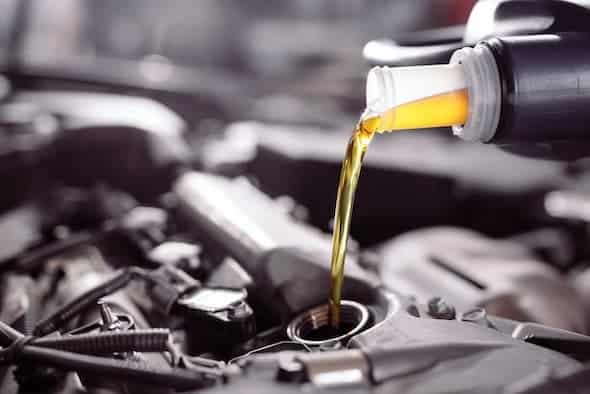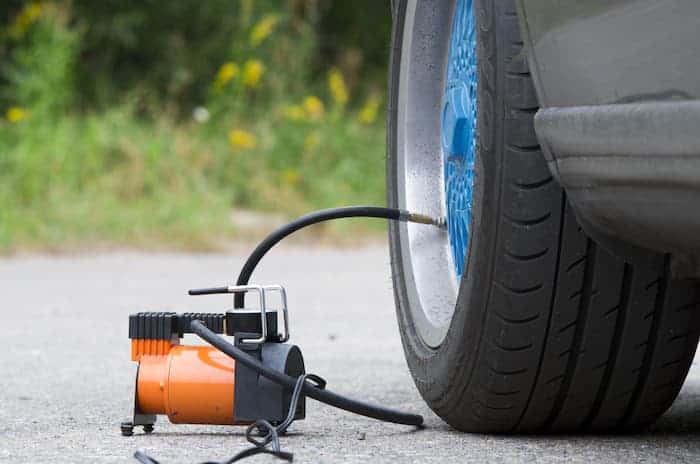Table of Contents
ToggleIntroduction
Vehicle recalls are an important aspect of vehicle safety and maintenance. They are designed to address potential issues that may arise with vehicles, ensuring that consumers are driving safely and reliably. In this article, we will discuss the ins and outs of vehicle recalls, including how they work, how to check for vehicle recalls, and what to do if your car is affected. We’ll also cover some of the most notable vehicle recalls by manufacturer, brand, and year, as well as provide the latest news on vehicle recalls.
How Do Vehicle Recalls Work?
A vehicle recall occurs when a manufacturer identifies a safety-related defect or non-compliance with federal safety standards in their vehicles. These issues can range from faulty airbags to engine problems. Manufacturers are required to notify vehicle owners, typically by mail, and provide a free remedy to correct the issue. Recall campaigns are overseen by the National Highway Traffic Safety Administration (NHTSA).
How to Check for Vehicle Recalls

There are several ways to check for vehicle recalls:
- Vehicle recalls by VIN number: You can check for open vehicle recalls by entering your Vehicle Identification Number (VIN) on the NHTSA website. This will provide a list of any active recalls on your specific vehicle.
- Vehicle recalls by manufacturer: You can visit the manufacturer’s website and search for recalls specific to their brand.
- National vehicle recalls: The NHTSA website provides a comprehensive list of all recalls across all manufacturers.
What to Do When Your Car is Affected by a Recall
If your vehicle is affected by a recall, follow these steps:
- Read the recall notice: Carefully read the information provided by the manufacturer in the recall notice. It will explain the issue and provide instructions on how to proceed.
- Schedule an appointment: Contact your local dealership to schedule an appointment to have the issue addressed. Remember, repairs for recalls are free of charge.
- Monitor the situation: Stay informed about any new developments regarding the recall and follow any additional instructions provided by the manufacturer or NHTSA.
Notable Vehicle Recalls
Some of the most significant vehicle recalls in recent history include:
- Volkswagen vehicle recalls: The Volkswagen diesel emissions scandal, also known as “Dieselgate,” affected millions of vehicles worldwide and led to numerous recalls.
- Nissan vehicle recalls: In 2020, Nissan recalled over 1.2 million vehicles in the United States due to an issue with the backup camera system.
- Most vehicle recalls by brand: Ford, General Motors, and Toyota have had some of the highest numbers of recalls in the industry.
Latest News on Vehicle Recalls
For the latest news on vehicle recalls, visit the NHTSA website, follow relevant news outlets, or sign up for recall alerts from your vehicle’s manufacturer.
Conclusion
It is essential to stay informed about vehicle recalls and act promptly if your vehicle is affected. Regularly check for recalls by VIN number, make and model, or manufacturer, and follow the recommended steps if a recall is issued. Remember, vehicle safety recalls are designed to protect you and other drivers on the road, so take them seriously and address any issues as soon as possible.
What is a recall on a car?
A recall on a car occurs when the vehicle’s manufacturer or the National Highway Traffic Safety Administration (NHTSA) identifies a safety-related defect or a non-compliance issue with federal safety standards. The manufacturer is then required to notify vehicle owners and provide a free remedy to fix the problem.
What is the most recalled car company?
The number of recalls can vary over time, but historically, some of the car companies with the highest numbers of recalls include Ford, General Motors, and Toyota. It’s essential to note that a high number of recalls do not necessarily mean that a company produces low-quality vehicles; it may also indicate that a company is proactive in addressing potential issues.
What SUVs are on recall?
For the latest information on SUV recalls, you should visit the NHTSA website or the manufacturer’s website and search for recalls using your vehicle’s VIN or make and model.
What large SUV is on recall?
As with the previous question, for up-to-date information on large SUV recalls, visit the NHTSA website or the manufacturer’s website and search for recalls using your vehicle’s VIN or make and model.
Which Hyundai are recalled?
To check for Hyundai recalls, visit the Hyundai recall website or the NHTSA website, and enter your vehicle’s VIN or search by make and model. Recalls may vary depending on the specific vehicle and model year.
What is the Kia recall?
Kia recalls can vary depending on the issue and the affected vehicles. To check for Kia recalls, visit the Kia recall website or the NHTSA website, and enter your vehicle’s VIN or search by make and model.
What cars are recalled most?
The most recalled cars can change over time due to new issues being discovered or addressed. However, historically, some models that have seen a high number of recalls include the Ford F-150, Chevrolet Silverado, and Toyota Camry. To check the most recalled cars at any given time, visit the NHTSA website for up-to-date information.




